It's Time to Get WISE.
A quick, honest call to assess your needs and point you in the right direction—no sales pitch. Best suited for:
- Established businesses with a defined marketing budget
- Businesses prepared to grow and scale
A deep dive with a top expert to uncover gaps and map a smarter path forward.
- Includes a $250 digital audit covering your website, SEO, local presence, and online performance—yours to keep.
- Get smart, actionable ideas you can apply to your business right away.
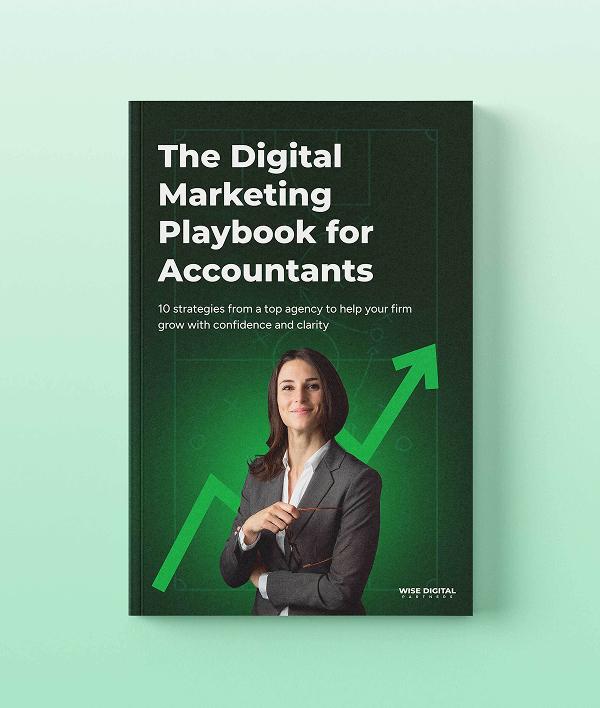
Enter the email you would like your guide sent to:
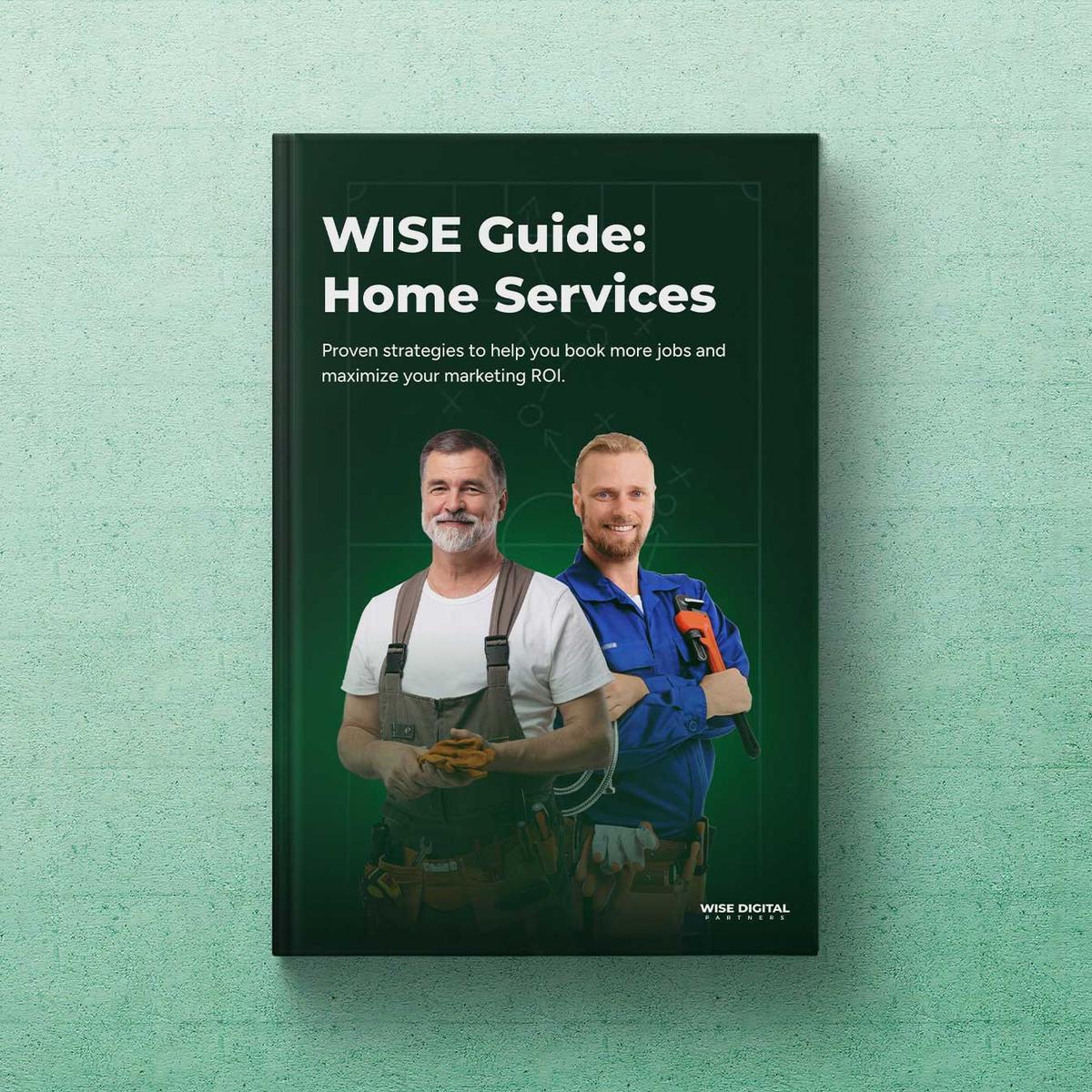
Enter the email you would like your guide sent to:
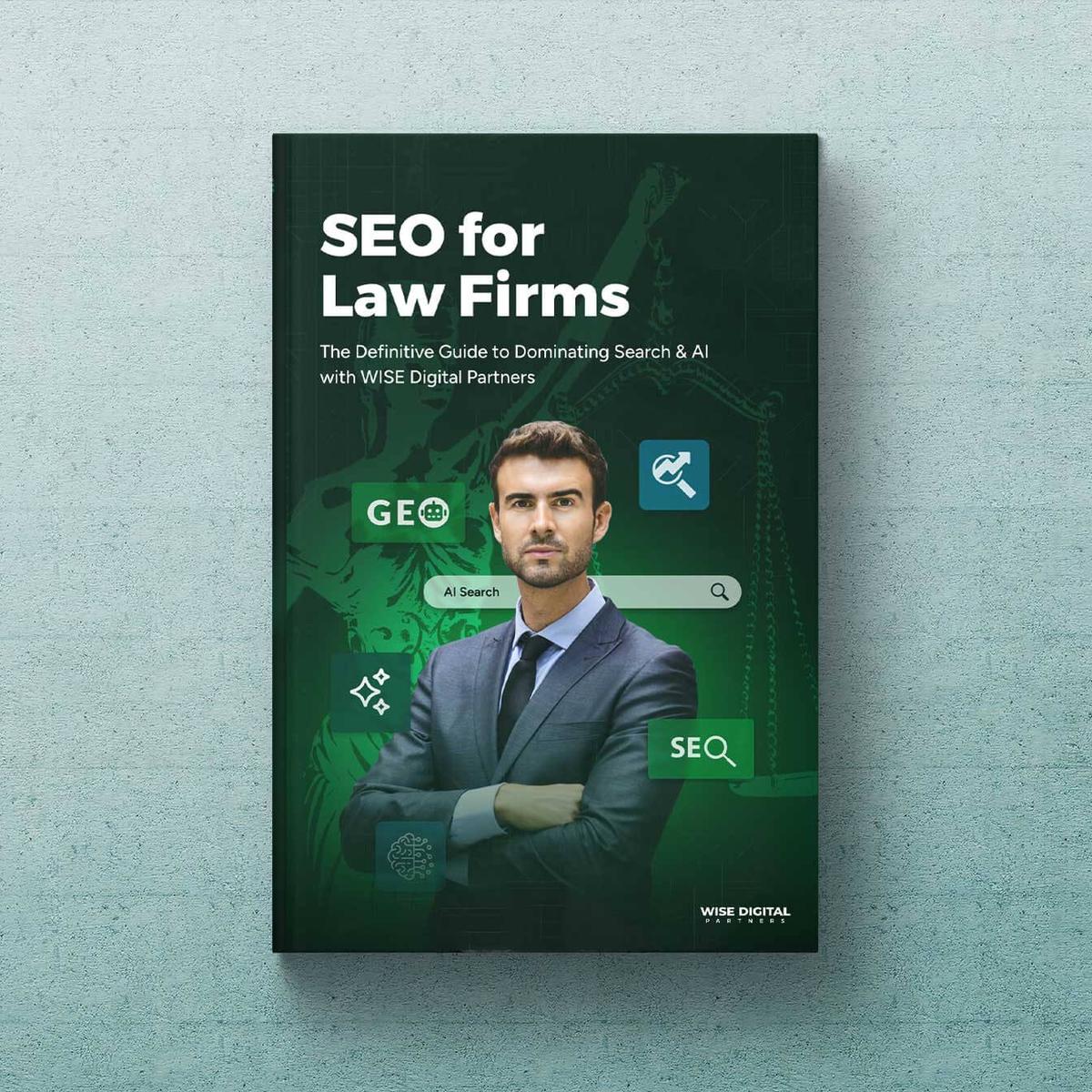
Enter the email you would like your guide sent to:
Apply Today
Please fill out the information below. Someone on our team will reach out in 3-5 business days to schedule a call if we see a good fit.
Book Patrick Dillon
Thanks for your interest in booking WISE CEO Patrick Dillon on your podcast! Please complete the form below, and a team member will contact you shortly.
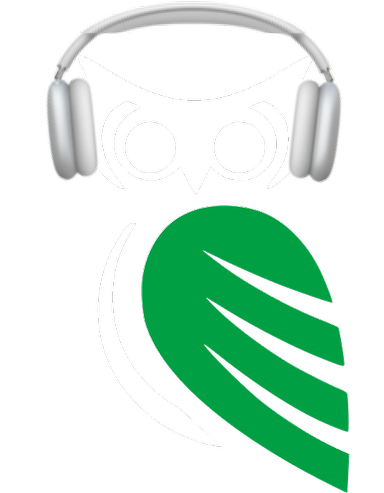
Remove Negative Reviews.
How To Scale Your Business Like an Inc. 5000 Company

August 13, 2024
- 5 min read
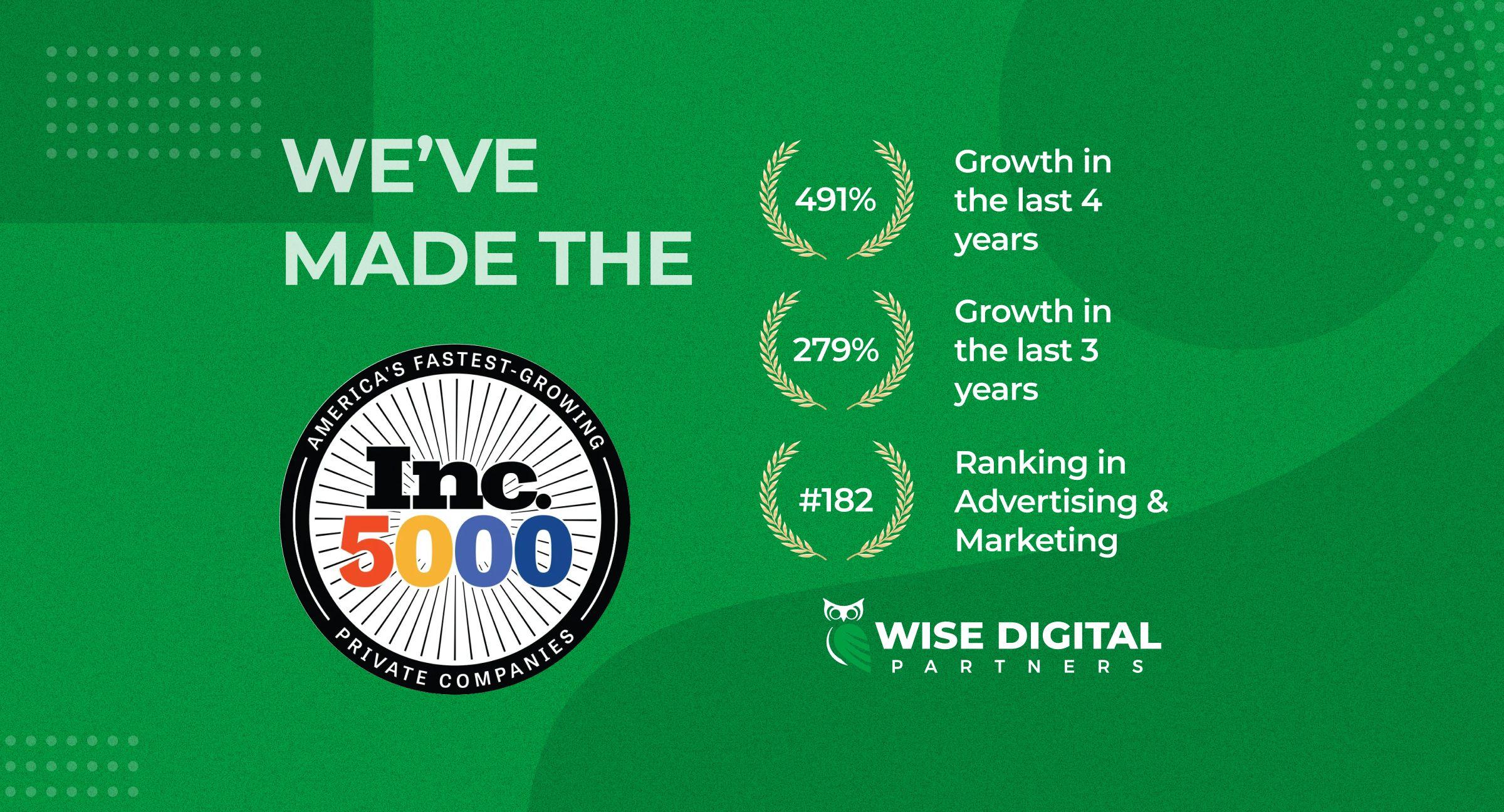
We just learned that WISE Digital Partners took the 1,876 slot on the Inc. 5000 list—that puts us in the top 40% of the most prestigious ranking of the fastest-growing private companies in the country. Needless to say, this recognition is validating.
I founded WISE in 2019, eight months before the pandemic forced millions of businesses to shutter and furlough workers. Not an ideal time to start a business, yet here we are, celebrating our fifth anniversary on the Inc. 5000 list alongside some of the best brands and businesses in the United States.
Getting on this list took an extraordinary team and a diverse roster of amazing clients. I am grateful to everyone who helped us achieve this milestone. That said, getting here wasn’t entirely accidental. I told my team on day one that I wanted to hit the Inc. 5000 list in our 5th year, and then stay on the list for 5 years straight.
When we launched our agency in 2019, we set ambitious goals for ourselves. I also knew from past failures that we had to avoid common business blunders that derail even the most promising startups.
Here’s how we survived the pandemic, grew by nearly 500%, and landed on the Inc. 5000 list—all in under five years.
I took myself out of the center
Early founders have a tendency to put their hands in everything, either because they crave control or mistakenly believe no one can do the job like they can. This self-sabotaging mindset can create serious bottlenecks for growth. And I knew from experience that if WISE wanted to achieve long-term success, I needed to take myself out of the center.
When I founded WISE, I made a deliberate decision to hire people who were more skilled than I was in their discipline. Then, I gave them the autonomy and decision-making power to do what they do best.
My role shifted from dictating how tasks should be done to providing my team with the resources they needed to innovate on their own. If they needed me, I’d step in to help. Otherwise, I stuck to what I was best at: bringing in new businesses.
That decision not only empowered my team but got me out of my own way, enabling me to work on the business not in the business.
I chose the right partners/clients (most of the time)
One of the most important things you can do in the early stages is be selective about the partners and clients you “invite on the bus.”
My ability to distinguish between compatible and incompatible clients is strong, but it certainly isn’t infallible. We’ve lost plenty of clients over the years. Some went out of business, others weren’t willing to give up control, and some simply weren’t a good fit for reasons we couldn’t have initially anticipated. Of course, we also had quite a few clients whose businesses got acquired along the way, and we knew these celebratory moments would come along the better we did for clients—after all our purpose is to grow our client’s businesses.
These experiences taught me a valuable lesson: The death of any professional services business comes from serving the wrong clients—people that are toxic, monopolize your time, or do not want to pay for the value you give them.
Trust me from experience when I say it’s better to have fewer clients who are the right fit than to have more clients who are the wrong fit.
I already had a core team in place
Unlike many startups that begin with a lone founder who scrambles to assemble a team, WISE had a serious advantage—our core team had already worked together at a previous agency that I was also a founder of.
That experience meant we were in sync from the start. While other companies have to spend time and resources aligning their team, we were able to focus on building our business. That previous experience was critical, especially when navigating the turbulence and uncertainty the pandemic dropped into our laps only eight months after launching the company.
I had the business’s financials in order
Another deadly pitfall early founders make? Not having their financials in order. And I get it: It’s tempting to push bookkeeping aside because you’re building the client pipeline. “I’ll get to it next month,” you say. Then, suddenly, next month turns into the next quarter and then you’re scrambling to catch up at tax time.
And pretty soon, you’re running your business and bank account balance on instinct —which means your business is running you.
I made it a non-negotiable to have my monthly profit and loss statements and up-to-date balance sheet on my desk within the first week of every month. Had I not done that, we wouldn’t have been ready for COVID.
While many businesses scrambled to gather financial documentation, we were ready. This allowed us to be the first of our 50 clients at the time to secure PPP funding, city and state grants, and a favorable EIDL loan totaling nearly a half million dollars to support our company.
Without that, I sincerely doubt I’d be sitting here writing this article about how we just made the Inc. 5000 list in the 5-year timeframe I originally set out to do it in.
I made sure I could afford not to get paid
When I started my first company, I went without a salary for two and a half years. When I launched WISE, I didn’t take a salary until the 8-month mark—and even then, all I did was take a distribution on the profit.
That small salary was put on pause again when COVID hit. At the time, I was running another business that was only generating around $1,000 a month, putting me in the red by $4-5,000 every month. But I had savings and some successful investments in Bitcoin and other businesses that allowed us to cover my monthly float.
Launching a new business when you are undercapitalized is a recipe for almost certain failure. Don’t do it. You’re not just risking your own life and livelihood—you’re potentially jeopardizing those of your employees, clients, partners, and service providers. The ripple effect of a failed business is wide and devastating.
Unless you can afford to live without a salary for a year or two, please, for everyone’s sake, do not start a business.
I didn’t “niche down” the business
Specialization is good. Niching yourself out by focusing too narrowly on a single industry, service, or type of client leaves you vulnerable to market fluctuations and industry-specific downturns.
Here’s an example to illustrate. WISE has always been good at helping our mortgage clients break through the industry noise. But the real estate industry was in a state of flux during COVID and nearly disappeared overnight when interest rates started hiking faster than they had in 4 decades. We had mortgage clients that had been in business since the 1970’s go out of business in less than 6 months.
Good thing that was only a sliver of what we do at WISE in 30 industries across 4 countries at the time.
The lesson? Diversify your client base so that you don’t over-expose yourself to industry-specific risks.
Ready to Accelerate Your Growth? Let's Talk.
These strategies played a critical role in our success. Had we not implemented them, I doubt WISE would have achieved our remarkable growth or earned our place on the Inc. 5000 list.
That said, there’s much more to the story.
If you're interested in learning more about these strategies, how we used them to achieve nearly 500% growth, and how we use these same strategies to help our clients, contact us today! We're ready to get to work.
Share
Subscribe to WISE Insights
Stay ahead of the digital marketing curve and never miss a lucrative trend or insightful tidbit – subscribe to our WISE blog!
Keep Reading
Build. Grow. Soar.
Get WISE about digital marketing with advanced services, industry experts, and cutting-edge tools designed for long-term, sustainable growth.




